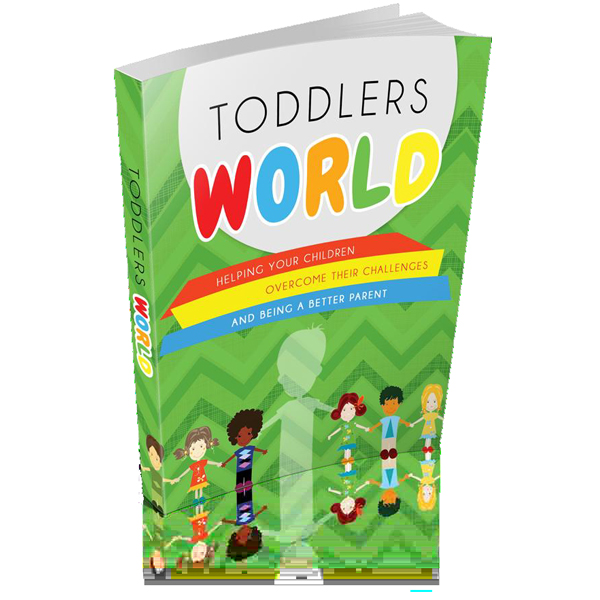About the vows I broke, well, everyone of them, except, well, one, and you may have guessed which one that is – breastfeeding After all, the benefits, both short and long-term are amazing. In addition, it reinforces my joy for keeping
the decision to breastfeed. New mothers will especially find this interesting, considering that the article highlights the long-term effect of choosing formula for your developing infant.
Read further; tell us what you think about the facts being reported. Moms to be, will this encourage you to breastfeed instead?
The cute chubby cheeks always win your heart but they can be hinting towards your baby’s future health as well. As per a recent study, your baby’s health greatly depends on what you feed him during his early days. If go by World Health Organisation, infant obesity is on the rise and has turned to one of the most solemn public health challenges.
Obesity, which was once prominent in preschoolers and kids above age 5, has now become a common phenomenon in babies less than 1 year of age. Experts believe that the primary cause behind this increased rate of obesity in infant is formula feeding.
1. Lack of self-regulation when it comes to energy intake
When a baby is breastfeed, his brain sends a signal when the stomach is full and the baby stops suckling. This signal as sent by brain is called satiety cue. In case of formula feeding, the baby is encouraged to finish the bottle, which often overrules the satiety cue. While breastfeeding helps babies to control their intake depending on satiety cues, formula feeding completely lacks it. Babies who are formula fed never really get to develop the self-regulation in regards to food intake. They thus take in calories more than needed and the result is excess of weight.
2. Speedy weight gain during babyhood
Babies fed with formula milk gain quick weight during first 4 months of his life and this increases the risk of infancy obesity. If go by the different studies as conducted, nearly 20% of obese adults had a speedy weight gain in between birth and 4 months of age. It may sound fascinating to see the baby gaining weight quickly but as formula feeding doesn’t encourage satiety cues, it can only worsen the situation.
visit parentingnation.com for the other 3 little-known factors (click here)



![[Video] This 2-Yr Old Tea Time With Dad is The Most Heart-Warming Thing Ever.](http://www.toddlernews.net/wp-content/uploads/2017/01/video-this-2-yr-old-tea-time-wit-2-180x135.jpg)


![[Video] Life For Kids With This Disability Is Challenging, Until This Life-Changing Hack](http://www.toddlernews.net/wp-content/uploads/2016/10/video-life-for-kids-with-this-di-180x135.jpg)
![[Video] How To Effectively Handle A Clingy Toddler.](http://www.toddlernews.net/wp-content/uploads/2016/09/video-how-to-effectively-handle-180x135.jpg)
![[Video] People Are Loving These 10 Value-Packed Facts About Toddlers.](http://www.toddlernews.net/wp-content/uploads/2016/09/video-people-are-loving-these-10-1-180x135.jpg)
![[Video] This 3-yr-old toddler Asked Her Four- Legged Fried to Do This And when He Does It’s The Cutest Thing.](http://www.toddlernews.net/wp-content/uploads/2016/08/video-this-3-yr-old-toddler-aske-180x135.jpg)


![[Video] You Will Laugh Yourself Silly When You See This Daring Toddler Escape.](http://www.toddlernews.net/wp-content/uploads/2016/07/video-you-will-laugh-yourself-si-180x135.jpg)

![[Shocking Report] How The NRA Has Your Toddler In The Crosshairs.](http://www.toddlernews.net/wp-content/uploads/2016/05/postnow-180x135.jpg)
![[Video] This Incredibly Exciting Audio Book Will Engage Your Toddler To Read Along.](http://www.toddlernews.net/wp-content/uploads/2016/05/video-the-incredibly-exciting-au-180x135.jpg)


![[Video] When This Dresser Accidentally Toppled On This 2-Yr-Old I Didn’t Think He Would Live…OMG!](http://www.toddlernews.net/wp-content/uploads/2017/01/video-when-this-dresser-accident-180x135.jpg)


![[Video] You Might Say That These Boisterous And Spirited Twin Tots Need A Little Dinner Table Etiquette (Lol)](http://www.toddlernews.net/wp-content/uploads/2016/04/video-you-might-say-that-these-b-180x135.jpg)


![[video] The Scary Truth About This Miracle Antidote Poisoning Your Toddler.](http://www.toddlernews.net/wp-content/uploads/2016/07/video-the-scary-truth-about-this-180x135.jpg)




![[video] The Scary Truth About This Miracle Antidote Poisoning Your Toddler.](http://www.toddlernews.net/wp-content/uploads/2016/07/video-the-scary-truth-about-this-238x178.jpg)




![[Video] This 2-Yr Old Tea Time With Dad is The Most Heart-Warming Thing Ever.](http://www.toddlernews.net/wp-content/uploads/2017/01/video-this-2-yr-old-tea-time-wit-2-100x75.jpg)
![[Video] When This Dresser Accidentally Toppled On This 2-Yr-Old I Didn’t Think He Would Live…OMG!](http://www.toddlernews.net/wp-content/uploads/2017/01/video-when-this-dresser-accident-100x75.jpg)

Facebook Comments Sync